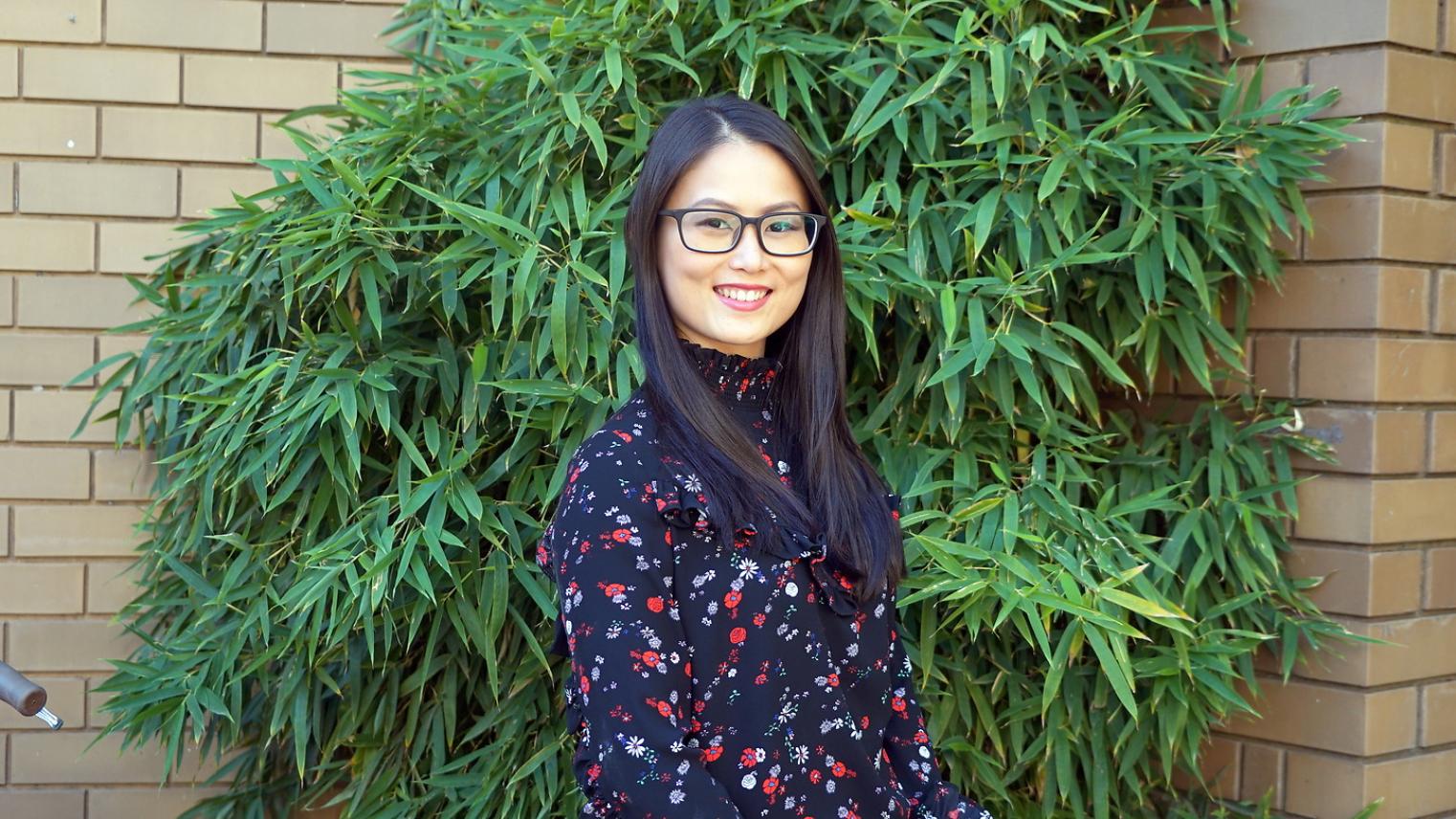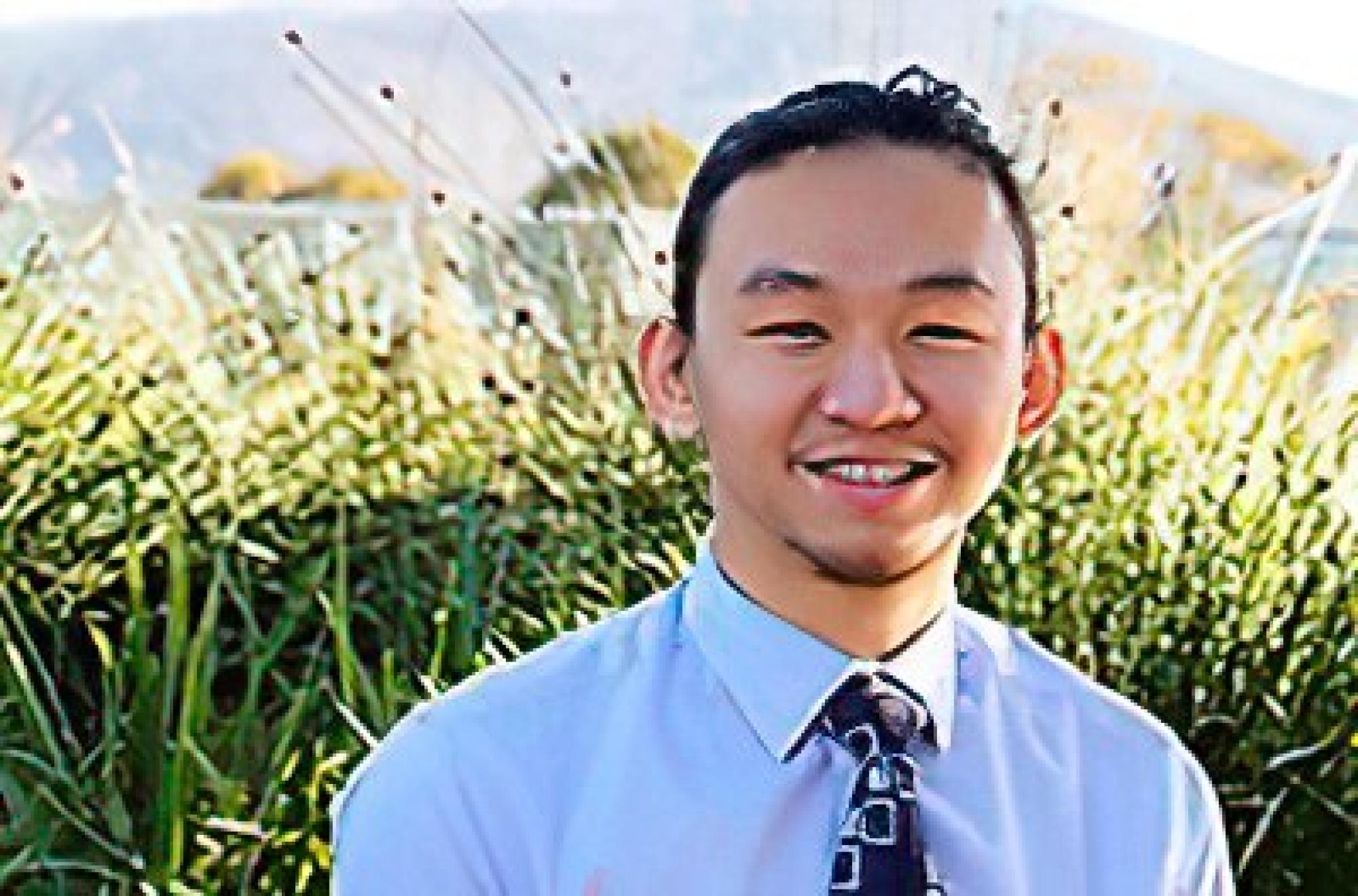Xueyin Zha

Xueyin Zha came to the The Australian National University (ANU) after living and studying in several countries. Having studied sociology and history in her undergraduate degree in the United States, she wanted to bring her analytical skills closer to policy applications.
“International Relations as a field appealed to me because it is inclusive and interdisciplinary. I felt that it is a field that allows me to explore widely and then specialise in something meaningful and creative”, says Zha.
It wasn’t a straightforward choice for Zha to come to The Australian National University to study a Master of International Relations (Advanced). She was offered a scholarship to do her Master at the Munks School, University of Toronto.
But ANU eventually won with its superb reputation and expertise in international affairs. It’s a decision I haven’t regretted. I enjoyed learning from expert faculty who are extremely dedicated to quality teaching.
The ANU has also provided her with various opportunities to grow intellectually and professionally. “I was able to find casual work while I was studying. For about a year, I worked for the East Asian Bureau of Economic Research (EABER), sub-editing articles published by the East Asia Forum, a platform for analysis and research on politics, economics, and international relations in the Asia-Pacific region. My professional skills got a big boost from the experience of working alongside Professor Peter Drysdale and Dr Shiro Armstrong at EABER. In my last semester, I also got the opportunity to be an academic tutor helping younger students learn how to perfect their writings and grasp difficult concepts”.
During Zha’s last semester, as she was looking for a supervisor for her Master thesis, she met Dr Sarah Logan from the Department of International Relations. “We immediately bonded over our common amazement at the fact that the Australian government for the longest time didn’t know what to do with powerful tech giants like Facebook and Google, who are profoundly impacting society but may not even be paying taxes”.
Under Sarah’s tutelage, Xueyin Zha decided to write a thesis on the balance of power between states and transnational private companies. “The thesis solidified my interest in studying advanced technology, a relatively new angle to approach international affairs. This interest has since grown to multiple analyses of mine published by the Lowy Institute and a potential PhD project”.
Since Zha graduated in 2019, she has continued to benefit from an excellent support system at the Coral Bell School of Asia Pacific Affairs, where she has had the opportunity to work as a Marketing and Communications Officer and then as a Research Officer to the School Director Professor Toni Erskine. Toni’s work looks at the ethical dimensions of the new technologies of war, particularly with respect to artificial intelligence. “I am extremely grateful for the supportive network of faculty and staff at the Coral Bell School, as well as all the friendships I established during my two years at The Australian National University. It has been a transformative experience”.

